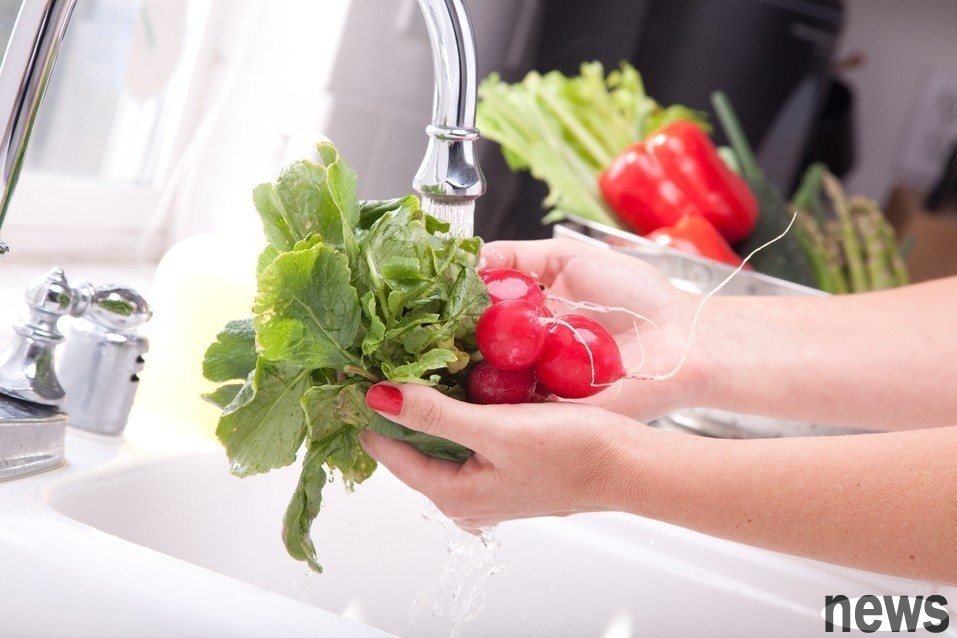Everyday five fruits and vegetables are a healthy principle that everyone can get familiar with. Fruit and vegetables contain rich vitamins, minerals, dietary fibers, phytochemicals, etc. But, do you use the right method to clean it when you are bus...
 Everyday five fruits and vegetables are a healthy principle that everyone can get familiar with. Fruit and vegetables contain rich vitamins, minerals, dietary fibers, phytochemicals, etc. But, do you use the right method to clean it when you are busy? Be careful, if you don’t clean it, you may eat harmful substances that are tangible! The US FDA planned seven cleaning steps, so that fruits and vegetables can eat with peace of mind, and wash them yourself quickly without any trouble! Fruits and vegetables are contaminated by 3 reasons
Everyday five fruits and vegetables are a healthy principle that everyone can get familiar with. Fruit and vegetables contain rich vitamins, minerals, dietary fibers, phytochemicals, etc. But, do you use the right method to clean it when you are busy? Be careful, if you don’t clean it, you may eat harmful substances that are tangible! The US FDA planned seven cleaning steps, so that fruits and vegetables can eat with peace of mind, and wash them yourself quickly without any trouble! Fruits and vegetables are contaminated by 3 reasons1. In the growth stage of fruits and vegetables, they may be stained by harmful substances in animals, soil, and water.
2. After the fruit and vegetables are harvested, they will be overtaken by many people, and invisibly they will increase pollution risks.
3. After purchasing agricultural fruits and vegetables, improper storage during preparation period will also cause pollution.
7 tips for cleaning fruits and vegetables1. Wash your hands with warm water and soap for 20 seconds before and after preparing for fresh agricultural products.
2. If you find any damage or stasis before or during treatment, you must cut off the damage or stasis area.
3. Wash the skinned agricultural skin before peeling, so that the dirt and bacteria will not be transferred from the knife to fruits or vegetables.
4. Use running water to clean agricultural products without using soap or cleaning agent.
5. Use clean vegetables to brush and brush hard agricultural products such as melons and cucumbers.
6. Drying agricultural products with a clean cloth or paper towel can reduce the possible bacteria on the surface.
7. Remove the outermost leaves of lettuce or pistachio.
Fresh agricultural products may be contaminated during planting, harvesting, and delivery. Following seven simple steps will help reduce the risk of food poisoning.